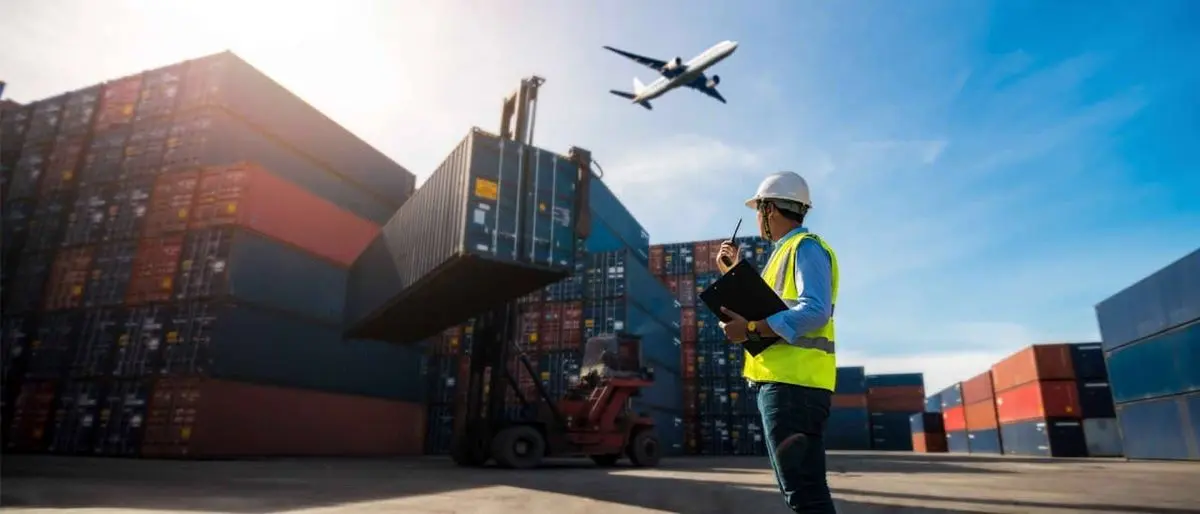Role of Logistics, Transportation Industry in Fighting Coronavirus Pandemic

Mehrzad Manuel Ferdows and Behzad Daniel Ferdows, two entrepreneurs in the logistics and transportation industry, have, in an analysis, weighed in on the significance of this industry during the COVID-19 pandemic.
They have offered their predictions of the industry until 2021 and discussed its effects on the human community. They have also discussed drivers’ key role in combating the novel coronavirus and stressed the necessity to support them.
The two entrepreneurs have offered their analyses at a time when the coronavirus pandemic has brought sea changes to the world economy and affected different businesses as well as industries.
“A drop in demand in different parts of industry and spare capacity, the necessity of having healthy and trained workforce, unpredictable transportation restrictions in certain countries, and [officials’] taking longer to inspect the fleet will be among the major challenges facing the transportation industry until 2021,” says Mehrzad Ferdows.
“Moreover, the transportation industry is one of the key industries in the world during the coronavirus pandemic, and the procurement of key materials for factories, the timely and prompt distribution and dispatch of products purchased online, and the supply of medicines together with health and food equipment and items to consumers across the world [are among concerns which] further reveal the necessity of using the best fleet and workforce, and of easing regulations,” Mehrzad Ferdows adds.
As Mehrzad Ferdows says, the prompt procurement of raw materials for factories producing food as well as pharmaceutical and hygienic items at a time when some countries have introduced special transportation regulations requires a dynamic fleet along with a prediction of the situation at critical times.
“Trained workforce and transportation fleet are two key contributors to the success of logistics and transportation during the coronavirus pandemic,” he says.
“With regards to the fleet and equipment, logistics and transportation companies should be able to improve their resource and fleet management skills,” Mehrzad Ferdows adds.
“But the bigger challenge concerns the human dimension, especially drivers as they run a high risk of contracting COVID-19 due to travelling to various areas,” he says.

Behzad Daniel Ferdows has also expressed his views on the issue.
“Human resources in the logistics and transportation industry, particularly drivers, are at the forefront of the campaign against the coronavirus pandemic as, on the one hand, they shoulder the important task of sending and distributing commodities, drugs and vital goods across the world, and on the other, they and their families suffer the highest exposure to coronavirus infection as they travel to different areas,” says Behzad Daniel Ferdows.
So, he adds, it is extremely important to support drivers in the transportation industry.
“Whether we want to send vital commodities, namely medicines as well as medical and healthcare equipment, to other parts of the world, or we want to maintain the supply chain for factories amid the coronavirus pandemic, it would be necessary to pay due regard to the drivers’ community and their health,” he notes.
“On the one hand, drivers’ illness and infection with the COVID-19 virus not only stops or delays the supply of commodities and imperils the chain of supplying goods across the world, but also, due to the high number of individuals’ trips in this industry, can contribute to the further spread of this disease the world over,” says Behzad Daniel Ferdows.
